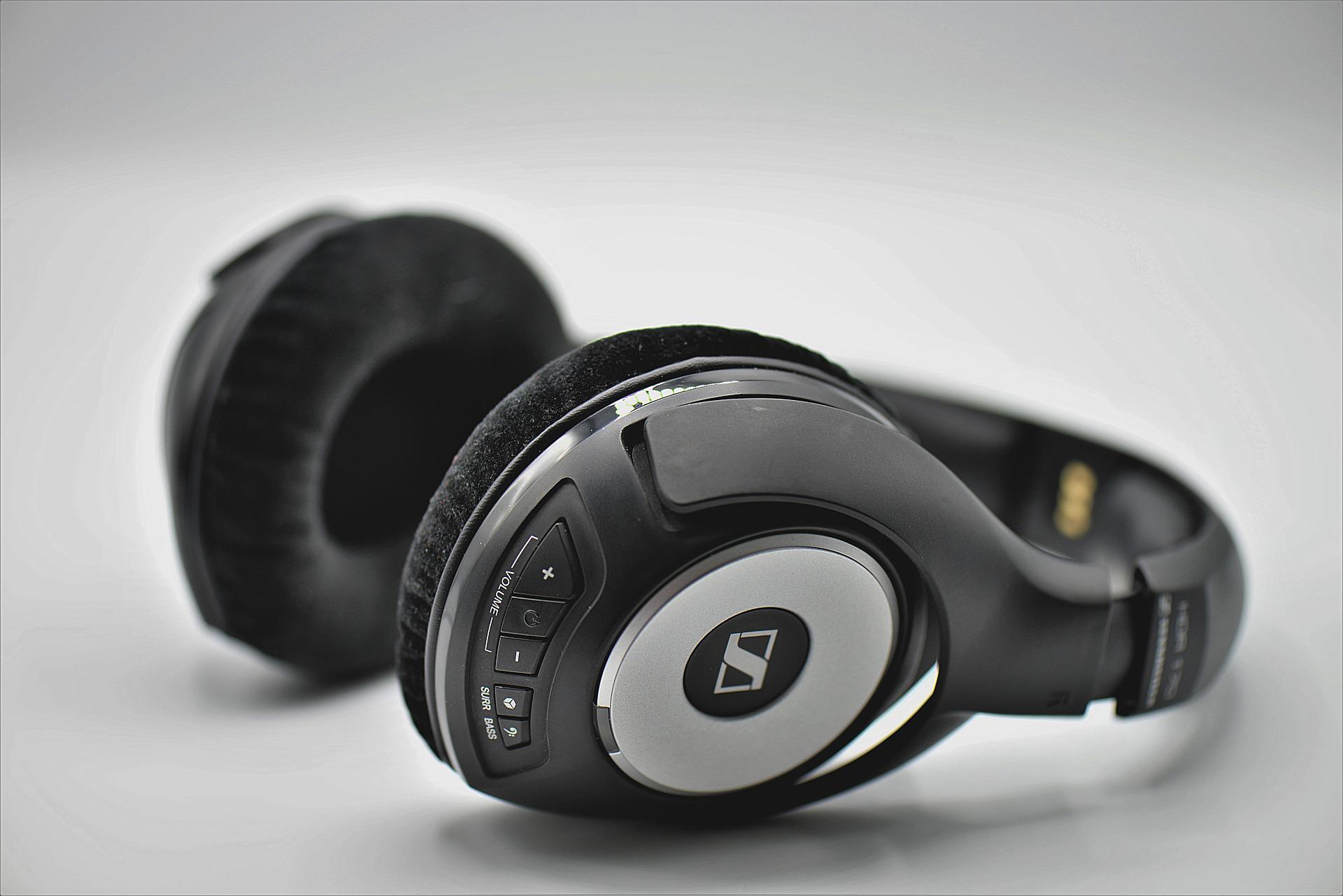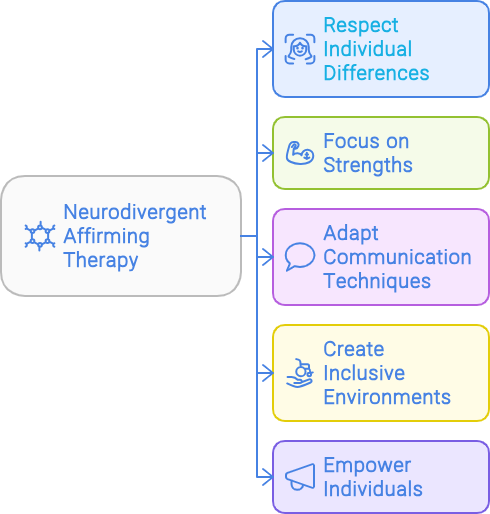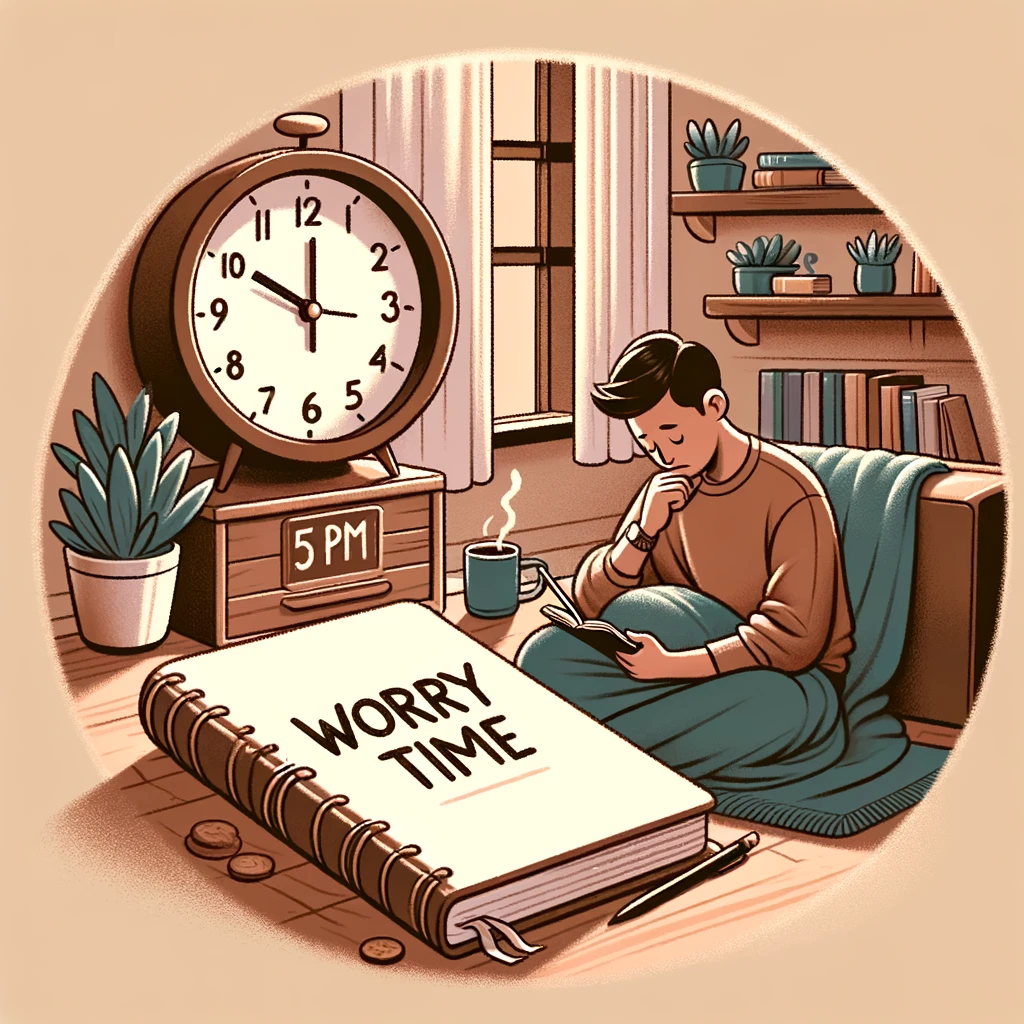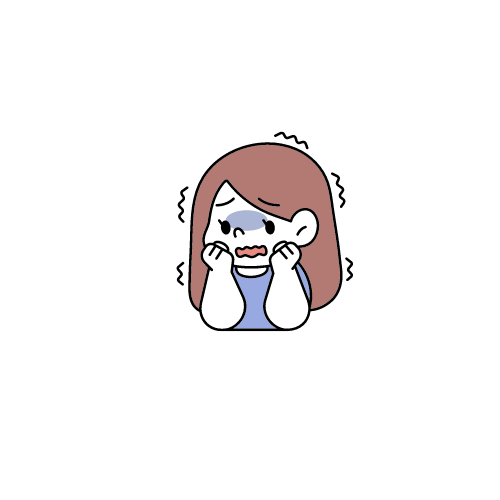Music and Adhd 3 kinds that help | Kristen McClure, Therapist

For women with ADHD, music can be a powerful tool for managing anxiety and improving focus. Research has shown that music can help to reduce stress and anxiety, improve mood, and increase concentration and attention span. Listening to calm, relaxing music can help to slow down racing thoughts and ease worry and tension. Upbeat or fast-paced music can also be helpful for boosting energy and motivation.
Music is an excellent tool for helping children focus, relax and learn. I remember when my teenager insisted that he could do his work better if listened to the music on headphones though it became a battleground in our house - but now after some research into how this helped him concentrate (like fidget toys), we understand more aboutwhy it was important.
The article reviews the effects of different kinds music on people with ADHD.
I talk about three kinds of music 8D, binaural beats, and classical music.
There are no hard and fast rules for using music to manage ADHD symptoms, as everyone responds differently to different types of music. It may be helpful to experiment with different genres and styles of music to see what works best for you. There are also many apps and websites that offer personalized music recommendations based on your individual needs and preferences.
Music and ADHD: 8D Audio
8d audio, or brain flossing, has become a popular way to help people focus. The 8d audio Effect is based on the principle of bilateral stimulation. This is a technique that uses sounds in both ears to help the brain focus on the present experience. It is similar to the EMDR technique developed by Francis Shapiro to treat post-traumatic stress disorder. 8d audio is helpful for some people with ADHD, as it can help remove unwanted stimuli and help the person focus on the task at hand. It is also becoming popular with some women, as it can help to reduce stress and anxiety. It's hard to predict what kind of reaction you're going to have to listening to 8 D audio. Some people may become overstimulated by 8D audio they may have physical sensations that are difficult to tolerate. And these difficulties don't necessarily fall along the lines of neurotypical versus neurodivergent. If you want to try 8D audio, you can find it here.
Music and ADHD: Binaural Beats
Binaural beat therapy is a type of sound therapy that uses different frequency tones in each ear to create unique binaural beats. Some research has shown that this therapy is effective in helping to relieve stress and anxiety, particularly in individuals with disorders such as ADHD or depression. Furthermore, many proponents of binaural beat therapy argue that this method can also help to promote focus, motivation, and confidence, as well as improve long-term memory and enhance meditation practice. Additionally, binaural beat therapy does not seem to have any significant side effects for most people, aside from those who may have underlying inner ear conditions or diseases. Overall, binaural beat therapy is a promising approach for managing stress and anxiety disorders, without the need for expensive or potentially harmful medications. Find a list here to check it out.
Music and ADHD: Classical Music
Research suggests that classical music can have several benefits for the brain. One study found that women who listened to classical music had increased levels of the hormone oxytocin, which is known to promote bonding and social interactions. Another study found that classical music can help improve focus and attention in people with ADHD. And finally, research has also shown that classical music can help to improve memory, language skills, and overall brain function. While the exact mechanisms are still not fully understood, it seems clear that classical music can have a positive impact on the brain. So if you're looking for a way to boost your brainpower, listening to some Mozart might be a good place to start.
Create a Playlist
If you have ADHD and are looking for ways to help better manage your symptoms, one option may be to try listening to music. Music has been shown to have numerous benefits for people with ADHD, including helping to increase focus and concentration, boost mood, and reduce stress and anxiety.
One way to get started is by creating a music playlist tailored specifically to your needs. Some many websites and apps allow you to easily create custom playlists, which can then be used as a tool for relaxation or motivation depending on what you need in the moment. Additionally, several online resources offer ad audio or binaural beats designed specifically for people with ADHD.
This site is also one worth checking out!
Whatever option you decide to try, remember that music can be a powerful tool for helping manage your adhd and anxiety.





